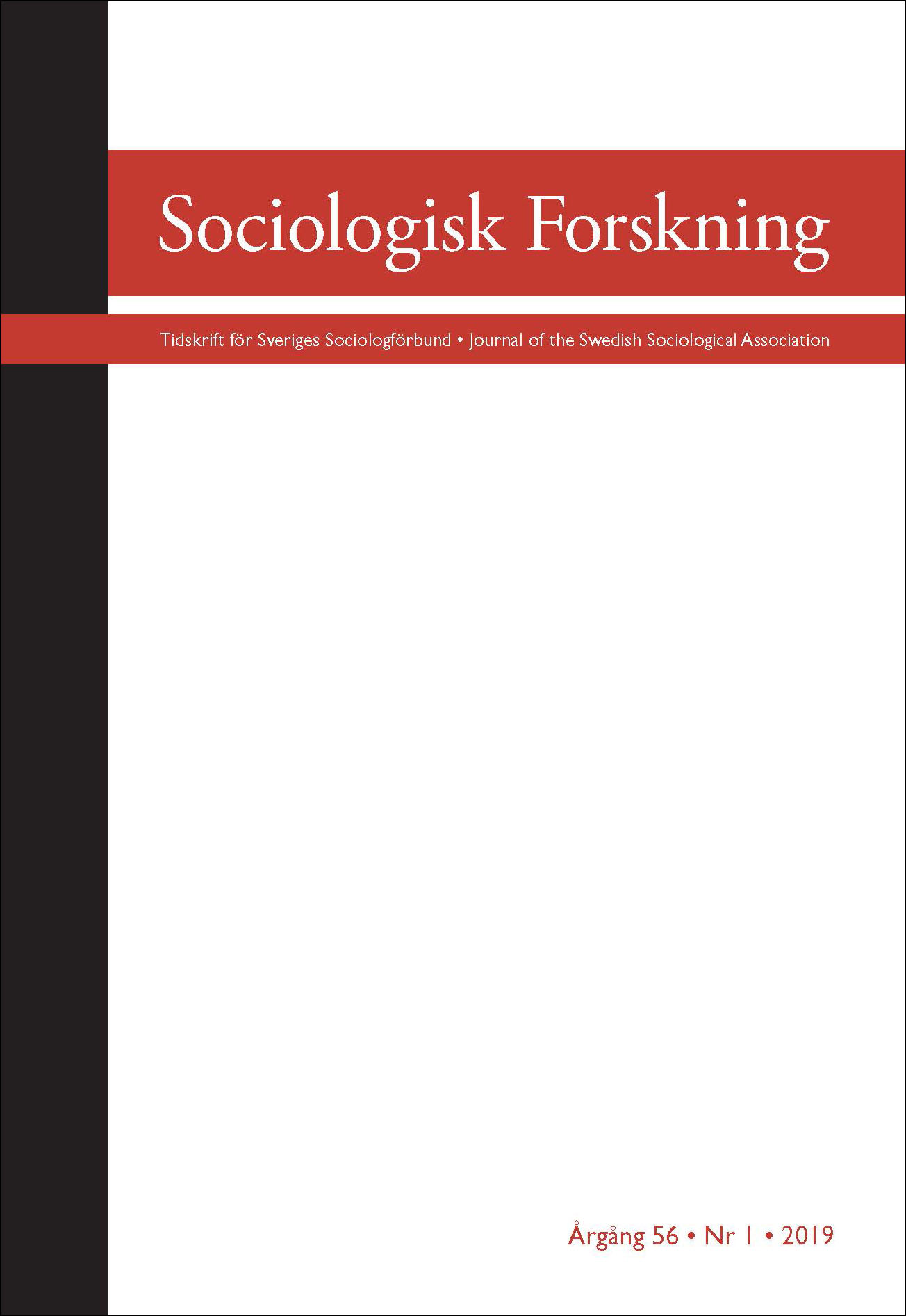Imagined independence among highly skilled Swedish labour migrants
DOI:
https://doi.org/10.37062/sf.56.19504Keywords:
Highly skilled labour migration, intra-European mobility, symbolic capital, im/mobility of capital, Swedish migrantsAbstract
The political discussion on intra-European mobility differentiates between mobile, interna- tionally employable individuals and immobile, locally employed ones. Mobile EU citizens, in turn, are subdivided into “attractive” highly skilled workers and “unwanted” lower skil- led workers. Transnational labour mobility among the highly skilled often results from an individual’s free will to move, disregarding structural reasons. This article examines the expectations and experiences of highly skilled Swedish labour migrants seeking qualified employment in Germany and the UK, exploring their strategies and modes of handling the mismatch between expectations and actual experiences. The findings demonstrate that the vulnerability migrants experience while working abroad does not seem to affect their self-understanding of being independent, flexible and highly mobile European citizens. The interviewees’ self-understanding is therefore conceptualised as an imagined independence, and one that stands in sharp contrast to their experiences of vulnerability and unexpected dif- ficulty in the host country.
Downloads
Published
How to Cite
Issue
Section
License
All content in Sociologisk Forskning is published with immediate open access, under the Creative Commons license CC BY-NC-ND 4.0.
All content may be read, downloaded, shared and printed for non-commercial purposes, free and without fees. Contents may not be altered. When content is reused, author, source and a link to the copyright licence must be provided. The author retains copyright to their content. No publication fees are charged.





